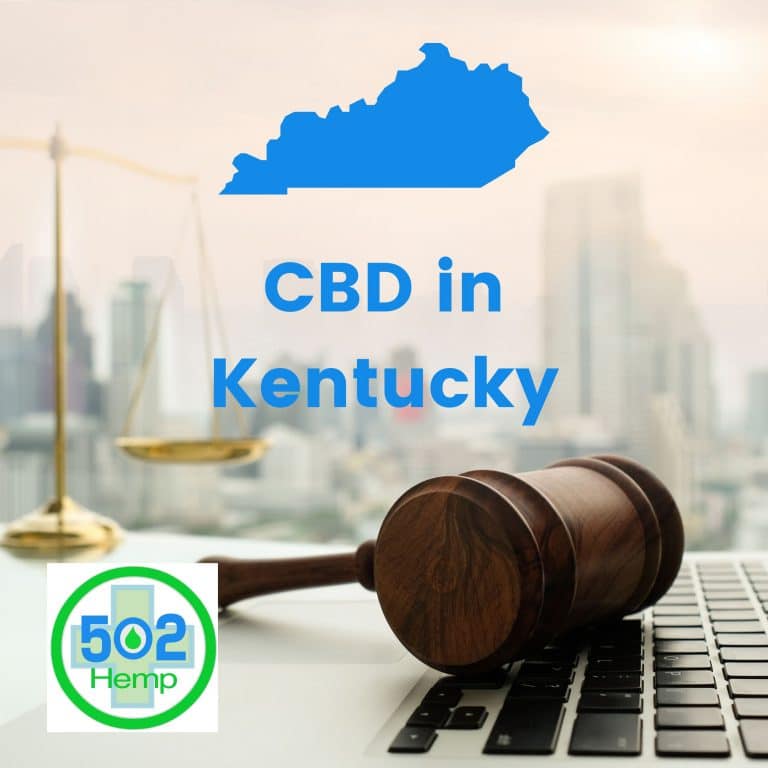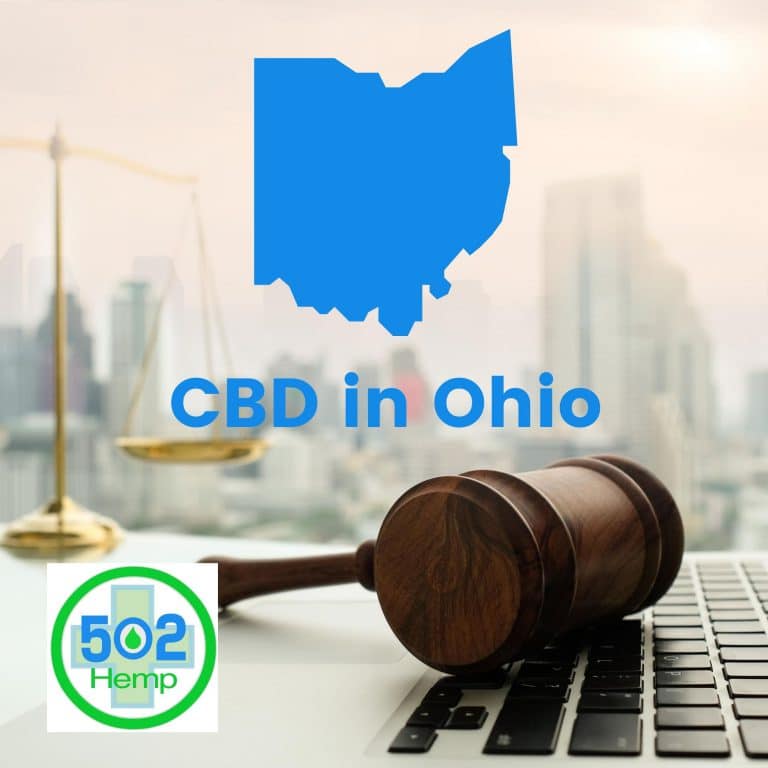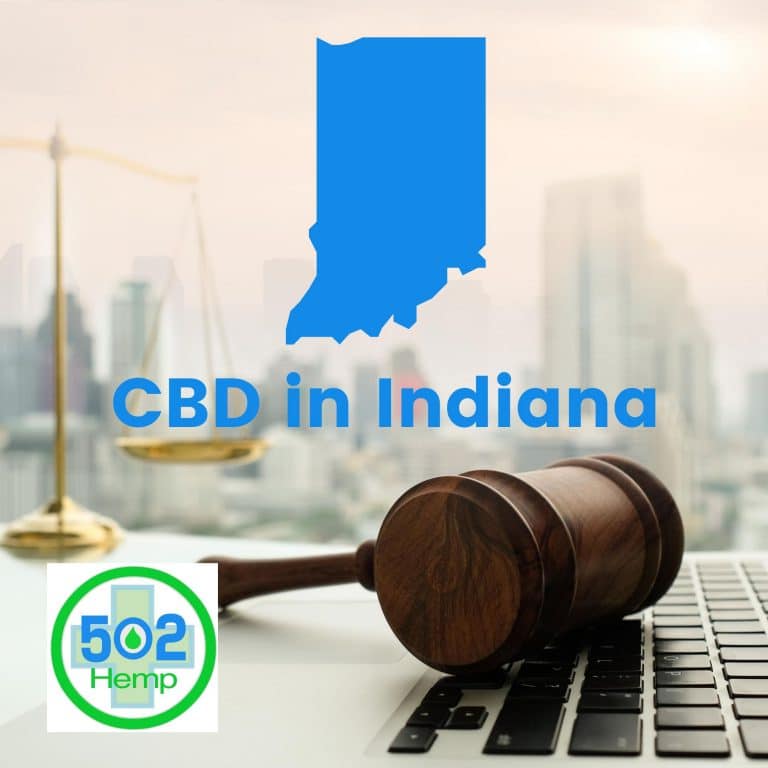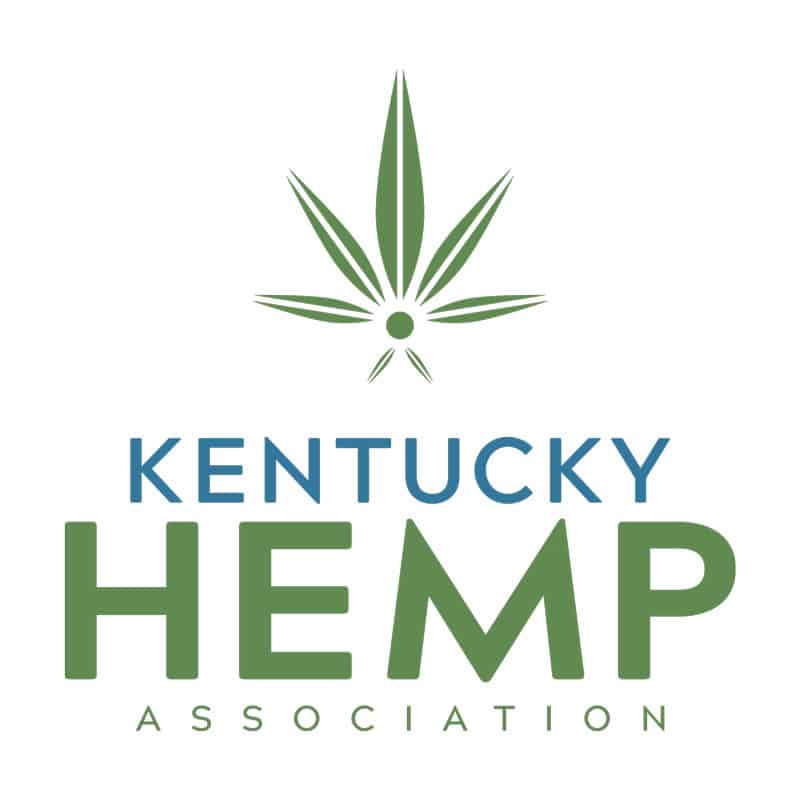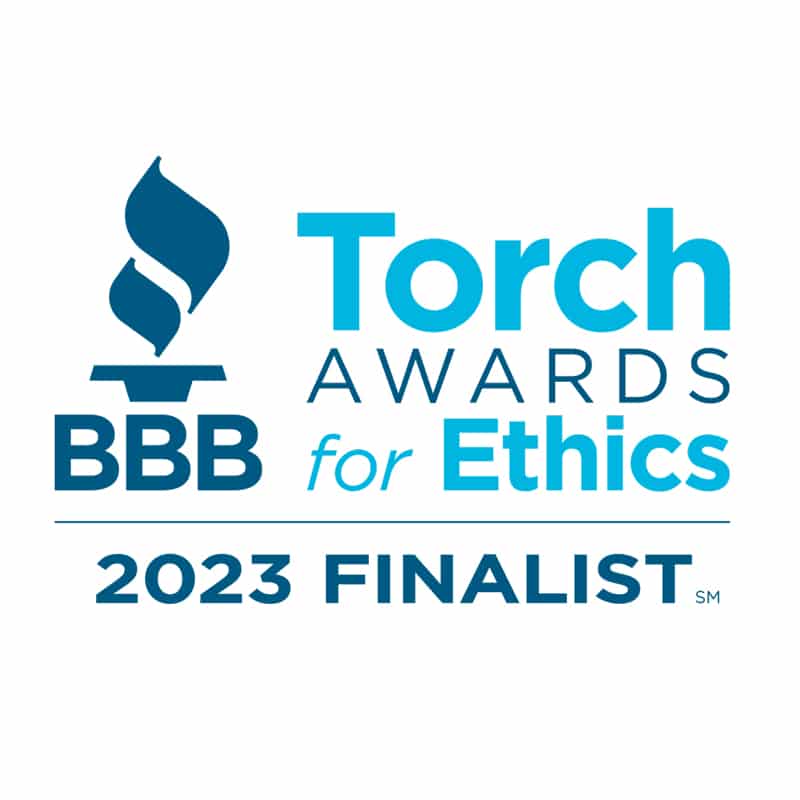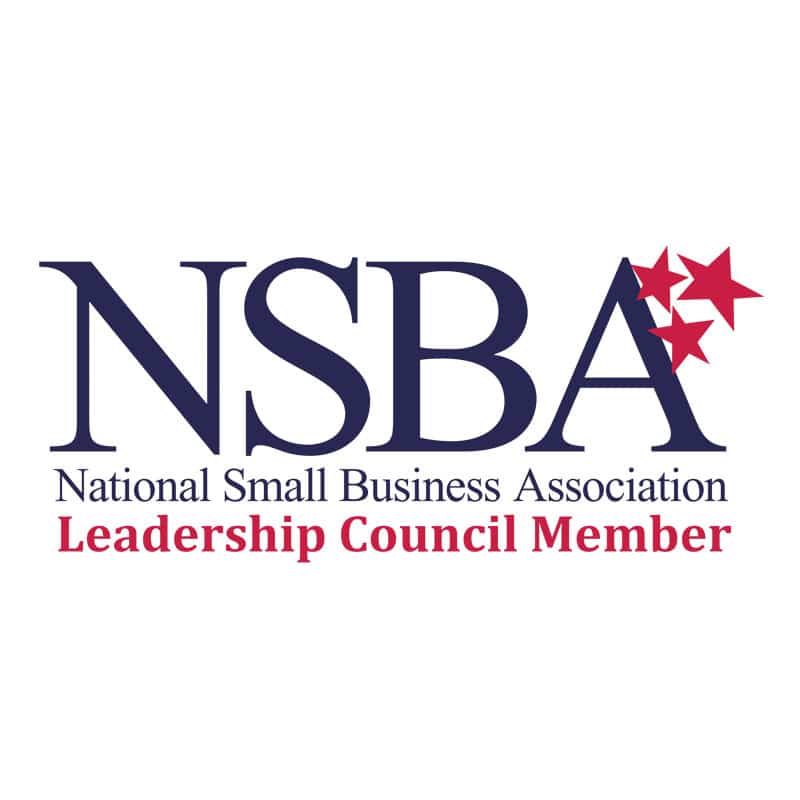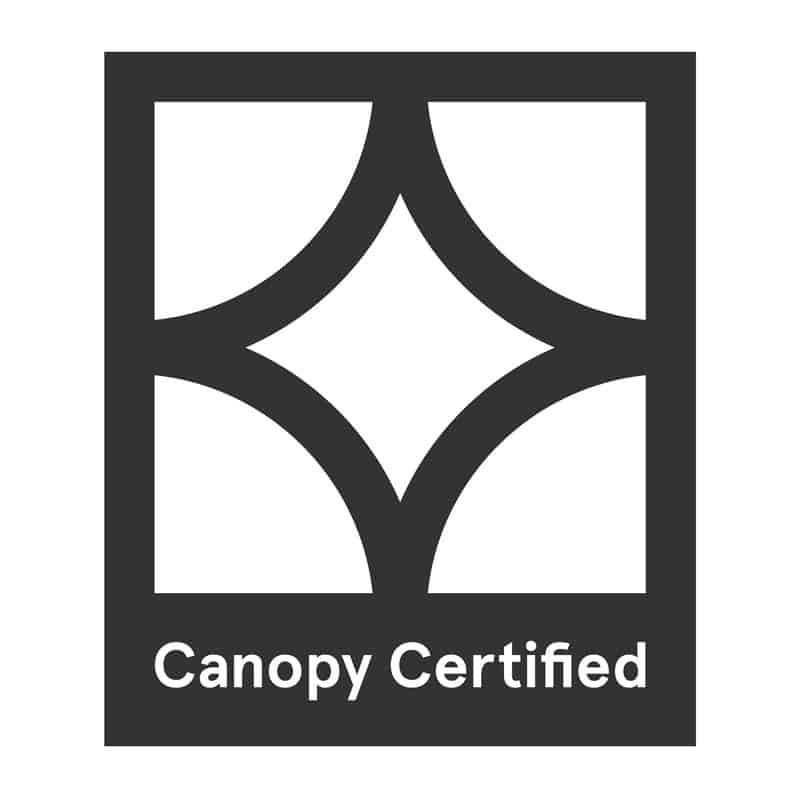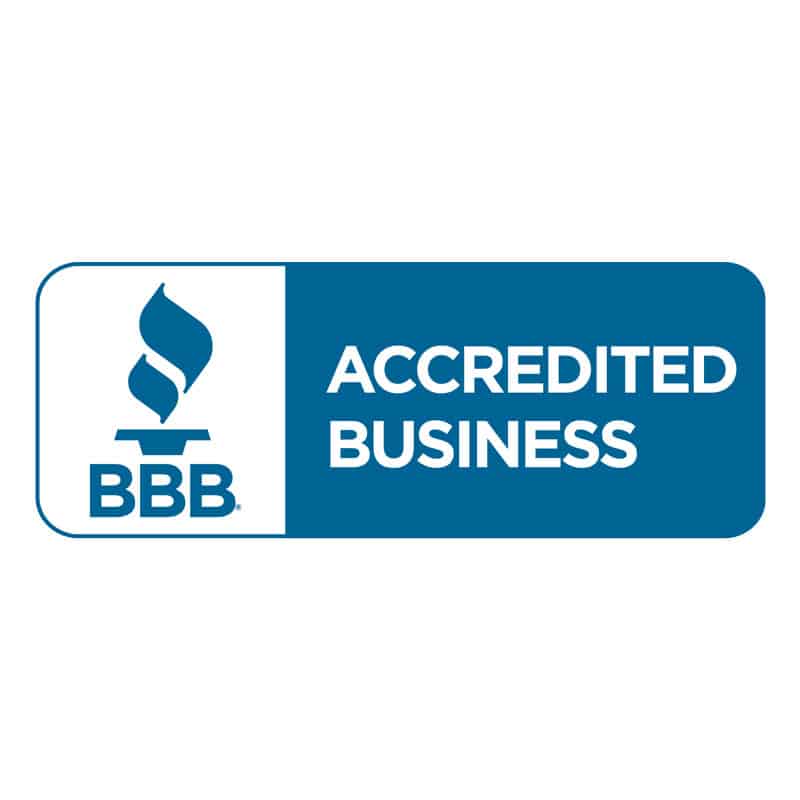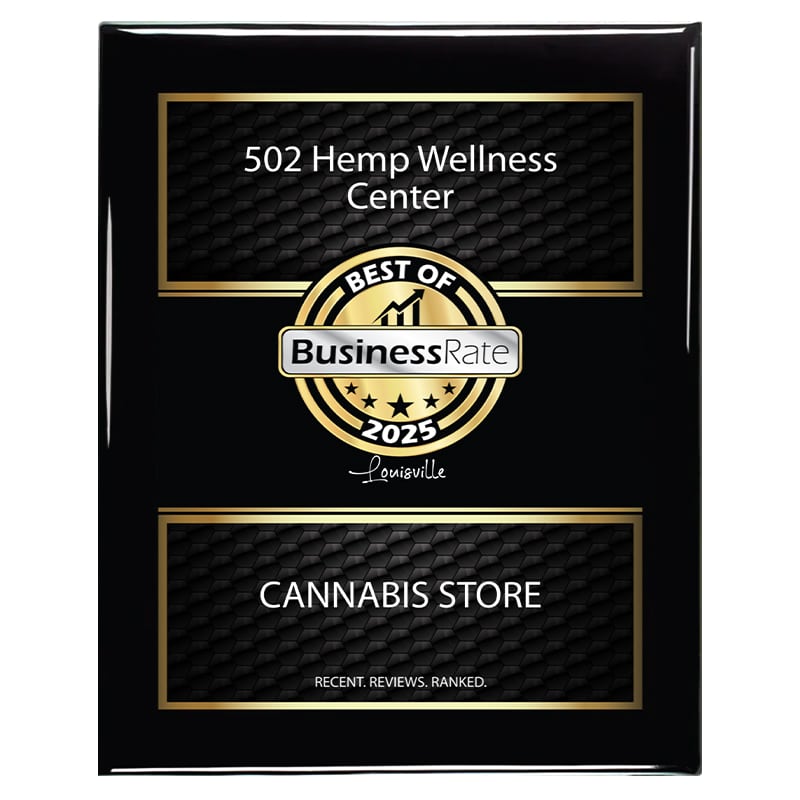The production and possession of CBD products with less than 0.03% of THC are federally legal. However, each state has its own hemp regulations that can affect the possession of CBD, cannabis, and other hemp products. Vermont has several laws and regulations concerning types of hemp products. It is important to understand each type of hemp or cannabis product and how it is regulated.
CBD in Vermont
Hemp grew in Vermont during the early 19th century. Like most of the eastern and midwestern United States, industrial hemp production decreased until World War Two. Only to fall again and become illegal in the 1970s. In 2004, Vermont did legalize medical cannabis. Under specific conditions, a Vermont resident could be prescribed medical marijuana by a medical professional. After cannabis became legal, hemp production gained more advocacy and in 2013, industrial hemp licensing and production got the support it needed with bill S.157. Products containing CBD being legal soon followed with the 2018 Federal farm bill.
CBD Regulations
CBD in Vermont is legal to sell and purchase within the state. Products with CBD does need to contain no more than 0.03% of THC or be THC free. Delta 8 hemp products are legal as well. Hemp products with higher than 0.03% of THC are classified as marijuana. Marijuana is only legal for medicinal purposes with a medical prescription.
When searching for quality CBD products, 502 Hemp creates CBD products with organic industrial hemp. If a product contains THC, there is no more than 0.03% of THC. Our CBD products are third party tested with THC levels stated on our Certificate of Analysis. With little regulations on hemp products, quality and integrity are crucial for your success in using CBD products. Learn more about 502 Hemp CBD products.

